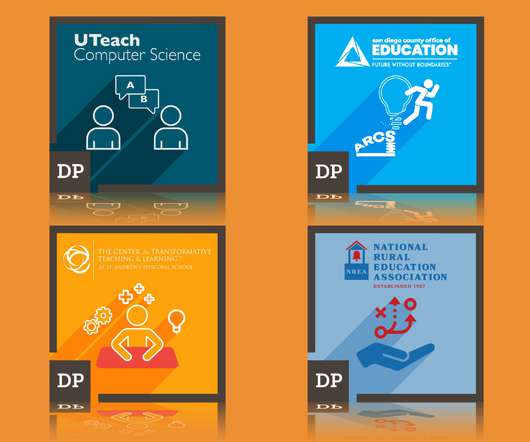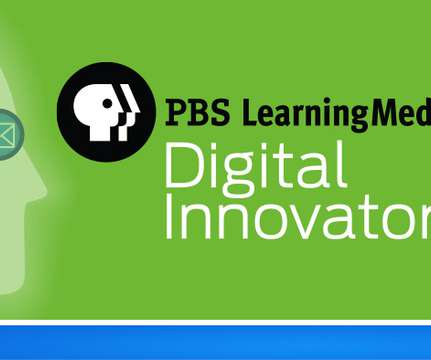Efficacy in Digital Learning
A Principal's Reflections
OCTOBER 22, 2017
Simply put, efficacy is the degree to which desired outcomes and goals are achieved. Applying this concept to digital learning can go a long way to solidifying the use of technology as an established practice, not just a frill or add-on. For more on authorship learning click HERE. This brings me back to efficacy.



























Let's personalize your content